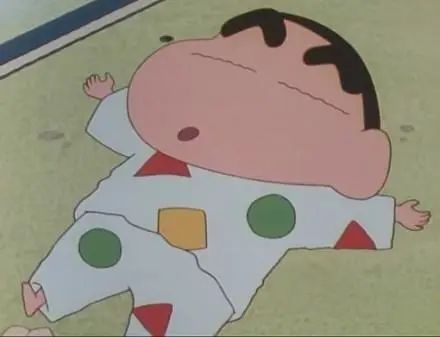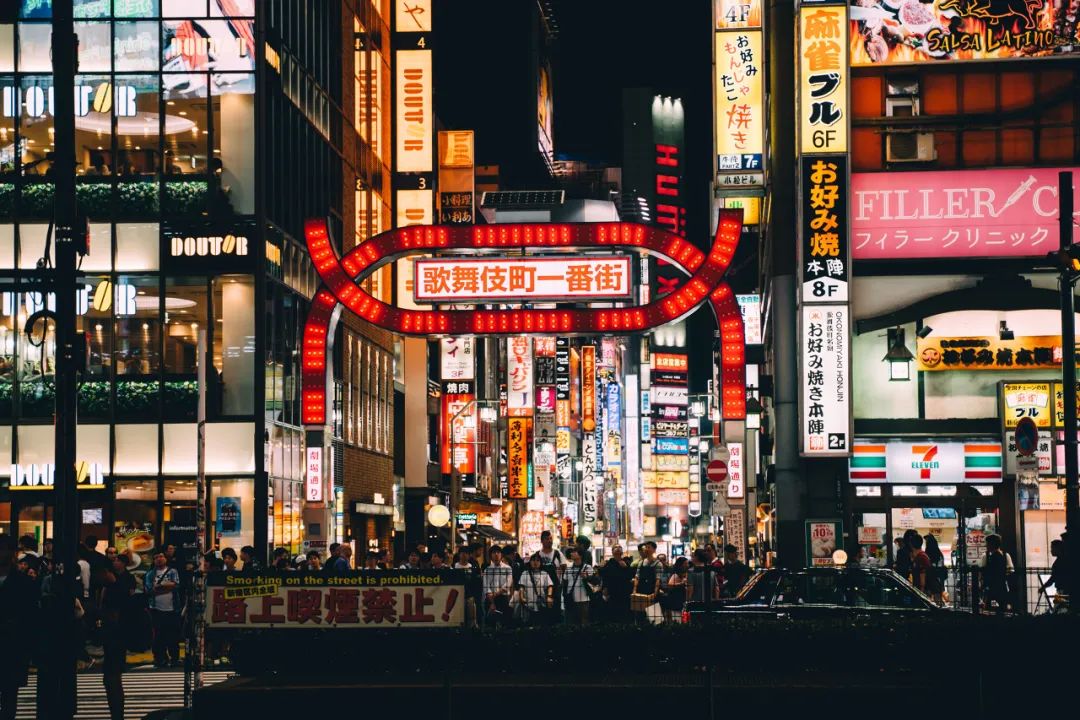Young Japanese: Don't give me a house for me
Author:WELENS Time:2022.07.15
CBRE, a US commercial real estate service company, has conducted a survey worldwide. The results show that among all developed countries, Japan has the lowest mortgage interest rate and allows zero -to -head payment to buy a house. But young people in Japan buy a house are the lowest, only 34%. In contrast, 70%of young people in the United States and the United Kingdom are willing to buy a house.
Data released by the Japanese government every five years show that as of October 1, 2018, the number of vacant houses in Japan has reached a record high -8.64 million rooms, an increase of about 260,000 from the survey data 5 years ago, accounting for the total number of houses. It also rose to 13.6%, an increase of 0.1 percentage points from five years ago. From 1998 to the present, Japanese houses are 11.5%, 12.2%, 13.1%, 13.5, and 13.6%every 5 years, and the vacancy has been rising.
Another set of data shows that only 27%of the people of this age group of Japan 20 to 30 have houses, and a considerable part of these houses are not bought and inherited.
What makes young Japanese people refuse to buy a house so?
Once young people in Japan also rushed to buy a house
01
Even inherited the house is a burden
The 28 -year -old Ito is an IT engineer who lives in a duplex apartment in the center of Tokyo. The apartment is divided into two floors, with independent bathrooms, induction cookers and free broadband. When I was sleeping, Ito had to climb the second bedroom with a ladder.
Although there is not much space, Ito is very satisfied. He feels that such a single life is very comfortable.
Ito said that this apartment was taken down after repeated comparisons. He planned to rent it in long -term and did not plan to buy a house.
35 -year -old Xuhe was a supervisor in a company, and he and his wife and children lived in a long -term rental house. Xu He said that he does not plan to buy a house now, and he will not plan to buy it in the future.
Xuhe believes that the economic prospects are unclear now, but the house is cumbersome. Once there is no job, it is more troublesome to afford mortgages.
In Japan, young people only rent a house or not buy a house, which has become a common phenomenon. Single people do not buy it, and married people do not want to buy it. According to the survey data from the University of Tokyo, 85%of Japanese young people choose to rent a house after marriage, and 10%of them live in their parents' homes or company dormitories. The proportion of real buying a house is only 5%.
These young people do not want to repeat the pit that their parents have stepped on during the bubble economy period. There is even a popular saying in Japanese, called: young people stay away from their housing. In local media, there are often topics such as "renting a house" and "a house that cannot be bought in a lifetime".
Even more than half of the young people feel that even the real estate that inherit the parents is a burden -because it is necessary to pay an additional heritage tax.

Young people in Japan: The house given by white does not want
02
Unwilling to repay the mortgage
The concerns of young people comes from history.
Once upon a time, the Japanese real estate market was a fan: In the 1980s, Japan's economy developed rapidly, and house prices rose sharply.
From 1985 to 1990, the land price index of Tokyo, Osaka, Nagoya, Kyoto, Kyoto, Yokohama and Kobe rose about 90%, almost doubled. Tokyo's land price is even higher enough to buy the entire United States.
At that time, excess liquidity superimposed low interest rates made Japanese people look forward to the property market. They firmly believe that house prices will continue to rise like every yesterday.
The destruction of the foam comes from changes in interest rates. The Bank of Japan realized that it was necessary to stop the expansion of asset bubbles, so they began to change the direction of monetary policy: upward increase interest rates and tightened credit. By 1991, Japanese commercial banks had stopped loans to the real estate industry.
After a series of policy combinations, the Japanese real estate market began to shift. On April 1, 1992, Japan implemented a new "land price tax". The Japanese property market entered a state of overdue. The foam economy ended, and property prices fell 70%from 1989.
Under the plummeting, the total liabilities of Japan's real estate bankruptcy companies are as high as 3 trillion yen.
Numerous Japanese citizens, from assets to liabilities overnight. Such a scene has become a shadow in the hearts of young Japanese young people.
In the well -known Japanese cartoon "Crayon Shinchan", the Noda family carried a 32 -year mortgage in 1990 because of buying a house.

Photo source: Screenshot of Crayon Shinjin Animation
In the original book, the Xiaoxin family lived in Kunri City, Saitama Prefecture, Japan. From 1987 to 1990, the land price of the Haruiti Ministry of Haruki rolled three times.
Japanese netizens estimated that the specific location of Xiaoxin's family was near Kasuga Station in Kasuga City. At that time, the average price of house prices here was 257,500 yen per square meter. (About 770,000 yuan at that time).
With the crushing economy of the Japanese bubble, the land price of the Haruiti Ministry began to fall sharply after the peak of 1990. By 2021, the average price near the Haruki Station Station had fallen to 149,000 yen per square meter, and the land price decreased by 41%in 31 years.
At the highest point in 1990, the small new family who bought a house has undoubtedly became the head of injustice, and the ratio of the original price was at least 10.85 million yen (about 550,000 yuan was calculated at the current exchange rate).
This is not the price of the mortgage. In fact, the interest rate of up to 8.5%in Japanese housing loans in 1990. In today's Japan, the mortgage interest rate has dropped to about 1.41%, the lowest among major global economies. If you buy a house in Japan, if you are a self -housing, you can not only get ultra -low interest rates, but also those with superior conditions can even enjoy zero payment.
However, young people who have learned lessons from the previous generation have unwilling to repeat the mistakes of their predecessors and bundle decades of life and loan repayment.
In their opinion, if buying a house is bound by mortgage, it means losing freedom. Young people even shouted the slogan of "the house on the back mortgage is not home, but a prison".
In 2022, netizens teased, "Congratulations to the Crystration of the Cryptic Xiaoxin family finally repaid the mortgage this year."
03
Bubble Economic Shadow
For the parents of young people in Japan, the terrible may not be on the mortgage for decades, but for decades later, it was found that the ending was empty.
In 1991, during the peak of Japanese house prices, a Japanese spent 13 million yen to buy a 300 -square -meter land on the Idou Peninsula in Shizuoka Prefecture. He hopes that he can build a villa here after retirement to enjoy his old age.
However, the bubble was broken, and the villa could not be built. In 2017, 26 years later, the Japanese old man was 78 years old. He finally turned to this land with 100,000 yen and had to pay 210,000 yuan to the agency. Fees and advertising fees.
Although it was miserable, the old man finally relieved. He said that at least in the future, there is no need to pay villa land management fees for 46,000 yen per year and a fixed asset tax of 7,000 yen.
Once the Japanese, I also believe that tomorrow will be like every yesterday

There are more and more young people who have lost their minds and desires. These people not only are unwilling to bear mortgages, but they do not want to bear even marriage and child. In a survey of young Japanese young people, the interviewees stated that the biggest reason for single is "free action and lifestyle". Other choices are "rich in money" and "no support for raising family members. Responsibility, easy "," easy to maintain extensive interpersonal relationships "and so on.
The cost is the atrophy and aging of the population. On April 15 this year, the latest population data released by the Japanese Cabinet House showed that the Japanese population decreased by 644,000 to 125 million compared with 2020 in 2021, the biggest decline since the record in 1950. The capital Tokyo has also experienced a situation where the population declined for the first time in 26 years. The population has fallen to 13.98 million, a decrease of 48,000 from the same period last year.
At this point, the Japanese population has declined for 11 consecutive years. At the same time, the number of elderly people over the age of 65 in 2021 was 36.21 million, accounting for 28.9%of the total population, creating the highest history.
Japanese young people are doing everything to avoid becoming their father.
Written article: Ma Huan, Editor: Mani, layout: Deng Yingheng
- END -
Men's driving sudden disease, the Han police quickly ride the team to send the hospital quickly

Jimu News reporter Wang JunCorrespondent Yi Jia ShuaiIntern Wang YouComrade Traffi...
Environmental News Speed Exhibition 丨 The 10th "National Low -Carbon Day" home event was held in Jinan (CCTV "News Broadcast")
On June 15th, the tenth National Low -Carbon Day home event was held in Jinan. This year's theme is Implementing the Double Carbon Action, Building a Beautiful Home.Social practice simple and mo